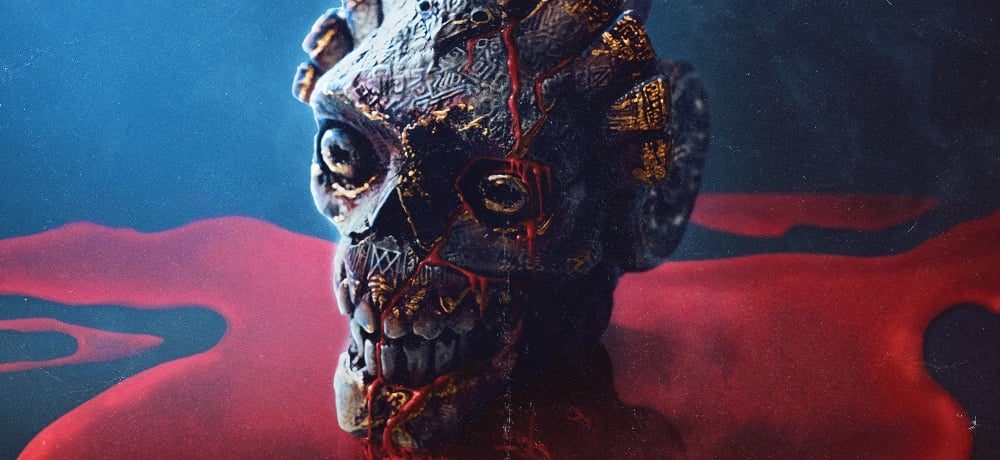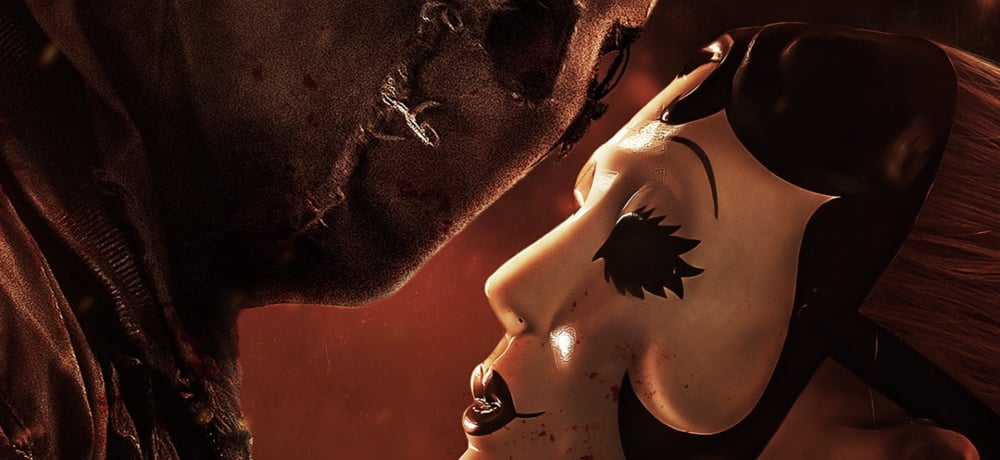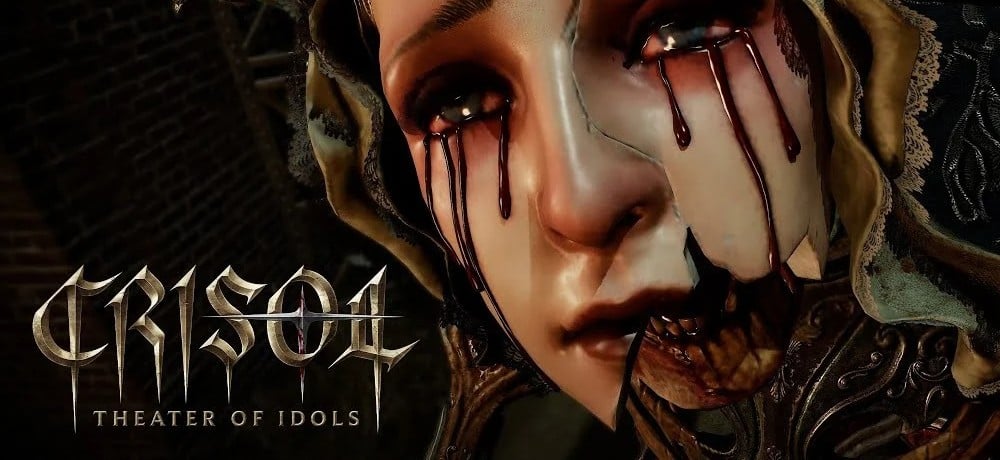





A haunting coming-of-age tale that's as heartbreaking as it is horrifying, The Clovehitch Killer strips away the cheerful veneer of one small town American family to show the sinister secrets that sometimes hide in the most innocent places. Simply put, The Clovehitch Killer is one of 2018's must-watch movies, and to celebrate the film's release today in select theaters and On Demand and Digital HD from IFC Midnight, Daily Dead had the great pleasure of catching up with director Duncan Skiles for our latest Q&A to discuss working with Charlie Plummer and Dylan McDermott, realistically depicting small-town life, and making the transition from comedy to horror.
Congratulations on The Clovehitch Killer, Duncan. This is a tremendously told story about life in a small town and the deadly secrets that sometimes live there. When you first read Christopher Ford’s screenplay, what made you decide that you wanted to bring this story to life on the big screen?
Duncan Skiles: I came up with the story in its basic form structurally and all the characters are from my own research, and then I collaborated with Chris and asked him to write the screenplay, because he’s a much better screenwriter than I am. So it sort of was one of those first things that I did that came from me and then collaborated with my good friend to put it into screenplay form.
You really immerse viewers in the atmosphere of small-town life and in particular the seemingly innocent life of Tyler’s family, one filled with coupon cutting, church services, and a secret stash of cherry cola. How important was it for you to portray that innocent side of Midwestern Americana in a story about a brutal killer?
Duncan Skiles: It was paramount of importance that I portrayed it realistically, relatably, and not as a caricature, because I really wanted to establish a very relatable world into which this darkness is interjected. That was what I was perceiving when I was doing the research about real serial killers.
You’re primarily known for your work on comedic projects, and while there are moments of well-timed humor in The Clovehitch Killer, this is primarily a really dark and haunting coming-of-age tale. What was it like for you to work in a different genre as a filmmaker?
Duncan Skiles: It was very satisfying. It felt like the first movie that I did not have any dissonance between my voice. It felt like the first thing that came from me organically and authentically and it is funny that I have been working in comedy for a while, because I felt that I kind of got into that accidentally because of who I was working with and it is what I ended up doing, because I got pegged as a comedy director, but I didn’t really realize until I did this movie that I’m not super comfortable in that world. I guess it’s weird, I am a happy person and I just got obsessed with serial killers and I could not stop thinking about them and I had to do something in response, but it turned out that I am pretty good at tension and suspense and stuff like that. I think that I am going to keep doing this kind of genre stuff, but with my own little spin on it.
What was your shooting schedule for The Clovehitch Killer, and where did filming take place?
Duncan Skiles: We shot in Louisville, Kentucky. We shot for 25 days in October/November, so that spanned into Halloween and the election of Donald Trump, which were both oddly fitting. Halloween was definitely appropriate and the election day was just a strange shooting day. I think it went into the stuff in the creepy crawlspace under the house after Donald Trump was elected and it was pretty weird being on set.
You worked with an amazing cast in The Clovehitch Killer. Charlie Plummer is so good at bringing viewers with him on this foreboding journey to seek the truth about his dad, and Dylan McDermott really embraces the traits of a “cheesy dad” with his movements, jokes, and mannerisms. What was it like working with them?
Duncan Skiles: It was a blessing and a joy and I am super grateful that they both wanted to do the movie. There were some intense moments with both of them, because they take their craft very seriously. Dylan was in character the entire time. Charlie just does not do anything unless he believes in it. It wasn’t always easy, but I am thrilled that they are in the movie and did such a great job.
Looking back at your time on set, is there a favorite or funny moment that stands out?
Duncan Skiles: We shot this take of Charlie and Madison coming into the parents’ bedroom and finding the cellphone on the bed, that was about three-quarters of the way into the shoot and I was pretty tired. I think we shot it like a dozen times, but it is a very simple shot that shouldn’t have been done that many times. I think I changed the setup slightly on take 13 and told the AC to change the slate to take one so that it wouldn’t have seemed like I took 13 takes of this very simple shot that we should’ve gotten in three, and everybody thought it was hilarious and that’s what comes to mind.
Do you have any favorite movies, TV series, or books that influenced or inspired you while making The Clovehitch Killer?
Duncan Skiles: The Vanishing, the European version from 1988. Stranger by the Lake I actually saw for the first time shortly before shooting and I was so impressed by the effectiveness of its minimalism—no music, a lot of two shots. And then a lot of Hitchcock, like Shadow of a Doubt, and Michael Haneke's Funny Games in which it all happens during the day and there’s no music, is the type of feeling that I was going for.
What do you hope audiences take away from this movie?
Duncan Skiles: An experience that you have been taken for a ride and I don’t want people to forget it. There is so much to watch and take in now and things sort of come and go really quickly, I just hope that it is an experience that people remember and think about and that it just leaves an impression. But not that it bums anyone out for a long time—I wouldn’t want that.
With The Clovehitch Killer coming to theaters and VOD platforms on November 16th from IFC Midnight, do you have any other projects coming up that you can discuss?
Duncan Skiles: I got another story that’s inspired by true crime, but with a twist on the perspective of how it is told, and I am sorting through the steps of the story like I did with Clovehitch and I am also negotiating with myself if I want to do it, because it’s another dark story—do I want to live with this darkness for another three years? I am pretty excited about it. I am sure that it will be coming soon.
The thing I liked about Clovehitch is that it was a little bit of wish fulfillment. When I was reading about stories that really happened, I so wanted to be in the room and stop it and to save one of these people. I never want to give the bad guy the satisfaction.